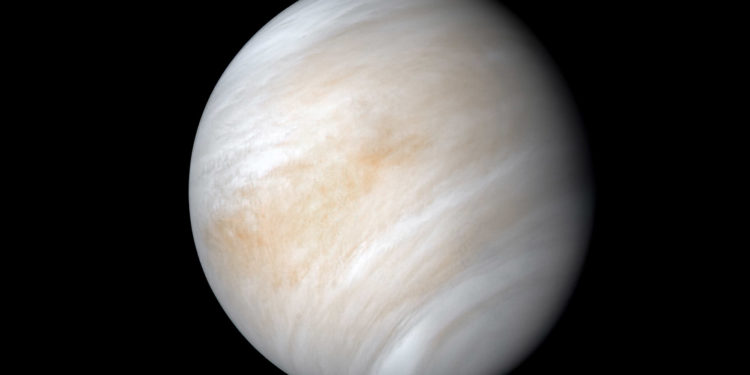A computer with AI cannot replicate the dynamics of a conscious brain.
PSYCHOLOGY TODAY
Key points
✔ Some scientists and philosophers have the opinion that artificial intelligence could one day become conscious.
✔ A computer remains the same physical structure from one moment to the next.
✔ A living organism, in contrast, is never the same entity from one moment to the next.
“The brain is never the same from one moment to the next throughout life. Never ever.” Alvaro Pascual-Leone
Some philosophers and scientists are of the opinion that artificial intelligence could one day become conscious. We have seen how this idea has been used in science fiction, such as in Philip K. Dick’s novel Do Androids Dream of Electric Sheep?, which was masterfully transformed into the movie Blade Runner. The simple argument you often hear or read is that if the brain, as a biological machine, can be conscious, any other machine, if it is complex enough, can be conscious. That is, if the computer on which I am typing right now were more advanced, then it would be able to have a first-person perspective of what it is like to be a computer. Complexity here means that my computer would have to have a larger number of elements, with structures and processes that are strongly interrelated.
Equating the brain with a computer because both have been referred to as machines is an erroneous assumption. You can easily label two different objects with the same word: “machine.” That does not change the fact that the brain and a metal-containing machine are two very different entities. Computers operate based on the flow of electricity through their components. But the components themselves always stay the same. In principle, you could shut down a computer and store it in a dust-free environment. A hundred years later you could switch it on again and it could continue processing data. Federico Faggin, one of the pioneers of microprocessor development from the 1960s onwards, in his book Irreducible, makes the distinction between the biological brain and a computer’s processing modules clear:
A living organism is never the same physical and psychological entity from one instant to the next. The computer hardware, on the other hand, remains the same physical structure from the moment it leaves the factory until it stops working or is discarded.
For this esteemed computer pioneer, artificial intelligence can never be conscious. In a computer, we can make the distinction between hardware (my PC), which is fixed and separate from software, the word processer I am using right now. In organisms such a distinction does not exist. A living cell is in continuous flux and exchange with the environment as its metabolism provides cells with energy required to carry out their functions. Brain cells communicate with each other through action potentials (electrical events) and neurotransmitters (chemical events). The brain’s constant chemical remodeling from one moment to the next implies that there is no distinction between hardware and software. The structure and function of the brain are identical with its physiological changes over time.
This dynamic aspect of life is what prevents computers and robots from ever becoming conscious. Artificial intelligence will never feel what it is like to answer questions we as humans ask or feel what it is like to play chess with us. A computer is not part of dynamic nature; it is an object created by man. In an earlier blog, I wrote about how living beings are fundamentally dynamic. With every breath and with every heartbeat we transport molecules through our body, which is a dynamic system that exchanges energy and matter with the environment. Moreover, consciousness by necessity builds upon this dynamism. But most theories of consciousness don’t take this into account. Every moment we consciously feel is extended in time, describable as a continuous flow of events in the experienced moment of our embodied existence. In my blog about why most neuroscientific theories of consciousness are wrong, which is based on a scientific article I wrote with Lachlan Kent, I expanded on these necessary temporal properties of consciousness. For example, my feeling of thirst and the subsequent relief when drinking iced water is not an instantaneous event but in its dynamics lasts a considerable time. As long as we live we are part of the flow of events in the world we inhabit. Physical time as change and…


Connect with us on our socials: